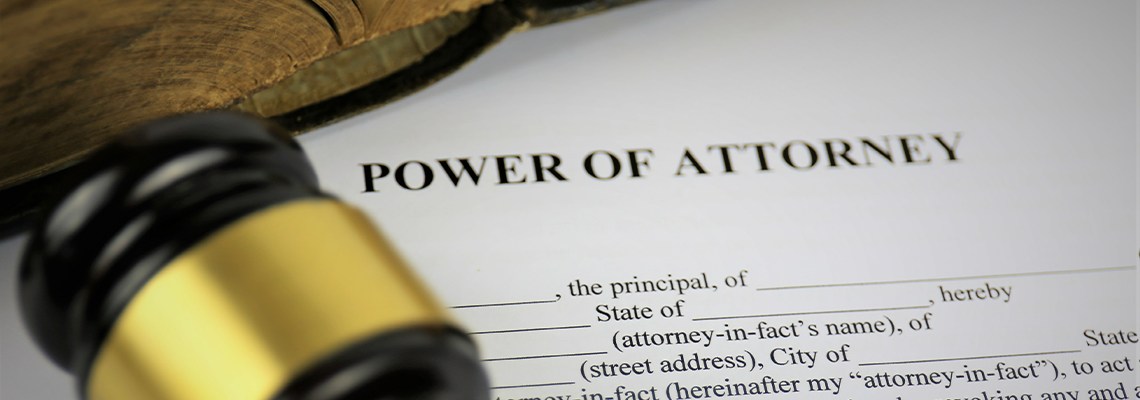In March 2020, the nation and the world began responding to the spread of a novel coronavirus that the World Health Organization (WHO) named COVID-19. As vaccines against the virus began appearing in November 2020, nations responded by urging citizens to be vaccinated. The United States was one of the quickest to implement free vaccinations for all.
As the initial wave of COVID-19 began waning, a new strain dubbed Delta sent shockwaves through the health care system. When that variant began to fade, another one – this time named Omicron – swept around the world in early 2022. Though hospitalizations from Omicron spiked, for the most part the variant seemed milder than earlier strains.
Through it all, employees who remained on the job were subject to being infected in the workplace. Since workers’ compensation covers both occupational injuries and illnesses, employees who came down with COVID-19 were naturally inclined to seek a claim for medical expenses and lost wages due to missing work while ill with the coronavirus.
Workers’ compensation distinguishes between occupational diseases, such as those arising from chemical exposure in the workplace, and community diseases that anyone can catch at any time and in any place. Some states responded by opening up workers’ compensation systems by embracing COVID-19 as an occupational disease. Alaska did not, though Assembly Bill (AB) 45 attempted to do so but never made it to the governor’s desk.
If you’ve come down with COVID-19 while on the job and want to file a workers’ compensation claim or have been denied your claim, contact the Law Office of Justin S. Eppler, LLC. We know Alaska workers’ compensation laws inside and out and can help you pursue a claim. We proudly serve clients throughout Anchorage, Fairbanks, Juneau, Palmer, and Wasilla, Alaska.
Workers’ Compensation Law in Alaska
Employers in Alaska with one or more employees are required to purchase workers’ compensation insurance from a licensed insurance company or to self-insure. Some businesses are exempt, including commercial fishing operations, among others. No employer can force employees to pay for any part of the coverage. The system is overseen by the state Workers’ Compensation Division, which states:
“Workers’ Compensation is a system which requires an employer to pay an injured employee’s work-related medical and disability benefits. Workers’ Compensation also requires the payment of benefits to dependents in the case of work-related death.” Workers’ compensation also pays for lost wages, but the amount is capped.
Workers’ compensation is designed to be a no-fault system. In other words, no fault is assigned to either the employer or employee if an injury or occupational illness occurs in the workplace. An employee cannot sue the employer, and the employer cannot sue the employee.
The injury or illness, however, must “arise out of and occur during the course and scope” of employment. Injuries occurring because of intoxication or because of an employee’s willful intent to injure or kill any person are also not covered.
The “course and scope” of employment clause is one bulwark an employer or insurance company can employ to deny a claim for compensation for COVID-19. After all, the virus is virtually everywhere, and no test can detect where or when a person got infected.
Filing a Claim for COVID-19
Health care workers, because of constant exposure to the coronavirus, have the best case for a workers’ compensation claim, but other occupations like nursing home attendants can be equally exposed and eligible.
At the beginning of the pandemic, back in the first few months of 2020, the Division of Workers’ Compensation reported a deluge of claims under COVID-19, stating: “To date the Division of Workers’ Compensation has tracked the 1,620 claims which show $414,239.60 in time loss payments and an additional $135,913.96 in medical and legal payments. The individual claim amount runs from zero dollars to just under $47,000 in one claim.”
Nearly 60 percent of those claims were filed by medical personnel and other first responders.
Hire an Experienced Workers Compensation Attorney
Filing a claim under workers’ compensation is not always a slam dunk, especially when the claim is for attracting COVID-19 on the job. Outside of specific settings, such as medical facilities and nursing homes, it can be difficult to show a direct connection between your illness and the workplace.
Improve your chances by obtaining the help of an experienced workers’ compensation law group. If you’re located in Anchorage, Fairbanks, Juneau, Palmer, or Wasilla, Alaska, contact the Law Office of Justin S. Eppler, LLC. We can help fight for your rights under the Alaska Workers’ Compensation Act.




